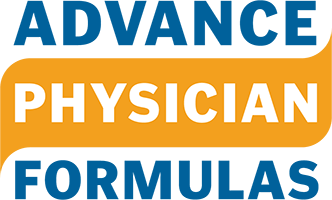
Many people do not realize the crucial role diet plays in mood disorders. If a patient goes to their doctor and reports feelings of depression, it is quite unlikely that their physician will do a dietary history. Most likely the prescription pad will be taken out and the words Prozac, Zoloft, Paxil, or another antidepressant will be jotted down before you can even spell 'd e p r e s s i o n.' There are many causes for depression, and diet is one cause that is often overlooked. As we understand the complexity of brain biochemistry, scientists are realizing that inflammation in the brain plays a role in depression. Certain chemicals called cytokines cause inflammation in the brain which influences mood. If you ever had low mood or felt depressed during or after a bad case of the flu, then you realized first hand how these cytokines released by the immune system effected your brain. It is interesting to note that this is a typical case of a body-brain influence. The body, in this case the immune system, releases chemicals called cytokines into the bloodstream. These in turn enter brain tissue causing inflammation and leading to low mood. In addition to depressed mood cytokines also cause loss of appetite, altered sleep patterns and fatigue.
Fortunately cytokines, and other substances that cause inflammation, are influenced by diet. When you eat lots of fish or foods with omega-3 fatty acids, your body will make fewer inflammatory cytokines. For details, seehttp://www.raysahelian.com/depression.html

